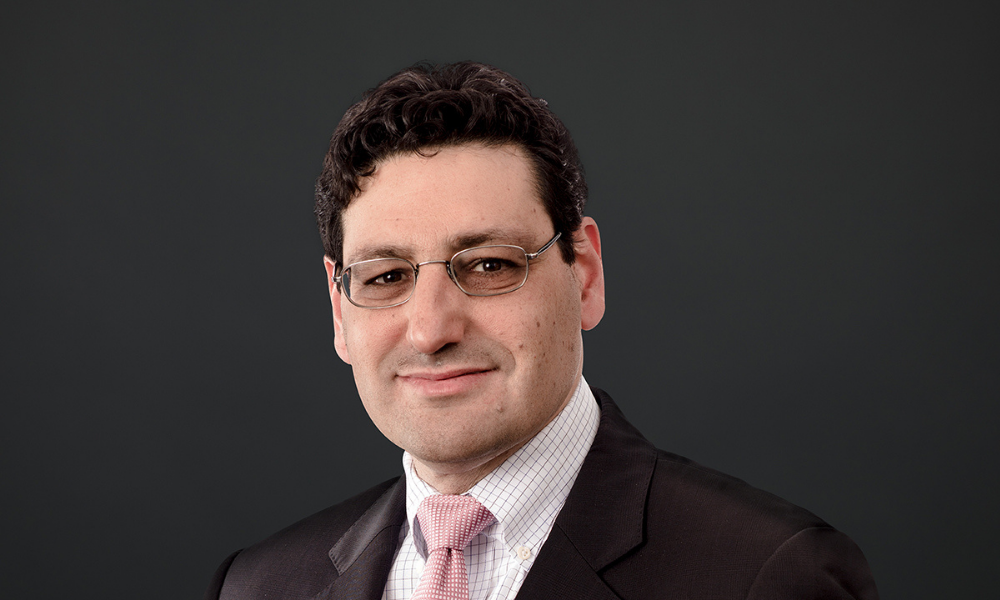How firm with $45 billion in AUM focuses on buying quality

Given all the uncertainty of this time – with war, market volatility, inflation, concerns about China and whether we could truly be coming out of the pandemic, and interest rates beginning to climb – portfolio managers need to bullet-proof their portfolios.
David Souccar is an international equities Portfolio Manager with Vontobel's Quality Growth Boutique, based in New York City. The boutique, which has about $45 billion in assets under management, has followed a consistent investment philosophy for more than 30 years.
“We focus on buying what we believe are great businesses that have a competitive advantage,” he told Wealth Professional.
“They have a good level of earnings predictability, particularly because we understand that, from time to time, you get periods like we are having right now of extreme volatility. Our goal is that when we have those types of periods, those companies that we invest in will perform better than the market, and our clients will benefit in terms of downside protection and being able to perform with less risk.
“We do the same thing, regardless of the macro environment, and I think what happened in Ukraine supports the consistency of this investment style.”
Vontobel invests in companies, rather than sectors, and has a large exposure to consumer staples – such as Nestle and information technology companies that should do well during a recession.
Souccar said it has a large exposure to Canada’s Canadian National Railway, given that rail has become an important way to transport Canadian oil to the U.S. market. It also invests in Epiroc, a market leader in selling mining equipment, and owns a company called Rentokil, which is the global leader in pest control and growing fast.
“We always choose companies that we believe have a great business model rather than speculate about what the quarter is going to do,” he said.
Vontobel doesn’t have any exposure to Russia, the energy complex, or European banks because they are difficult to forecast. The Russian invasion has also shown they’re not as solid as people thought.
“The increase in energy prices, particularly natural gas, is going to put a big pressure on the consumers in Europe and also on the profitability of the European industrial companies, and therefore, there’s an extra level of risk that could dent the consensus of what’s going to be the growth of the European GDP,” said Souccar.
“What we consistently do is invest in opportunities that try to stay away negative surprises. So, from our perspective, we haven’t changed much, because the portfolio was designed exactly for scenarios like this.”
Souccar recommended that advisors who are trying to accumulate wealth over a long period of time should not be speculating in the short-term.
“I think, now, more than ever, it is important to be mindful about downside protection,” he said. “I think the forecast of earnings right now for the market is pretty much a soft landing, but there are a lot of variables right now that can go wrong, so the risk is higher.
“I think people need to reposition their portfolio to something more defensive because the name of the game going forward is going to be to make sure that you own companies that are bulletproof, that aren’t going to blow up if there is a recession, so their earnings are going to suffer less than the majority of the market.”



